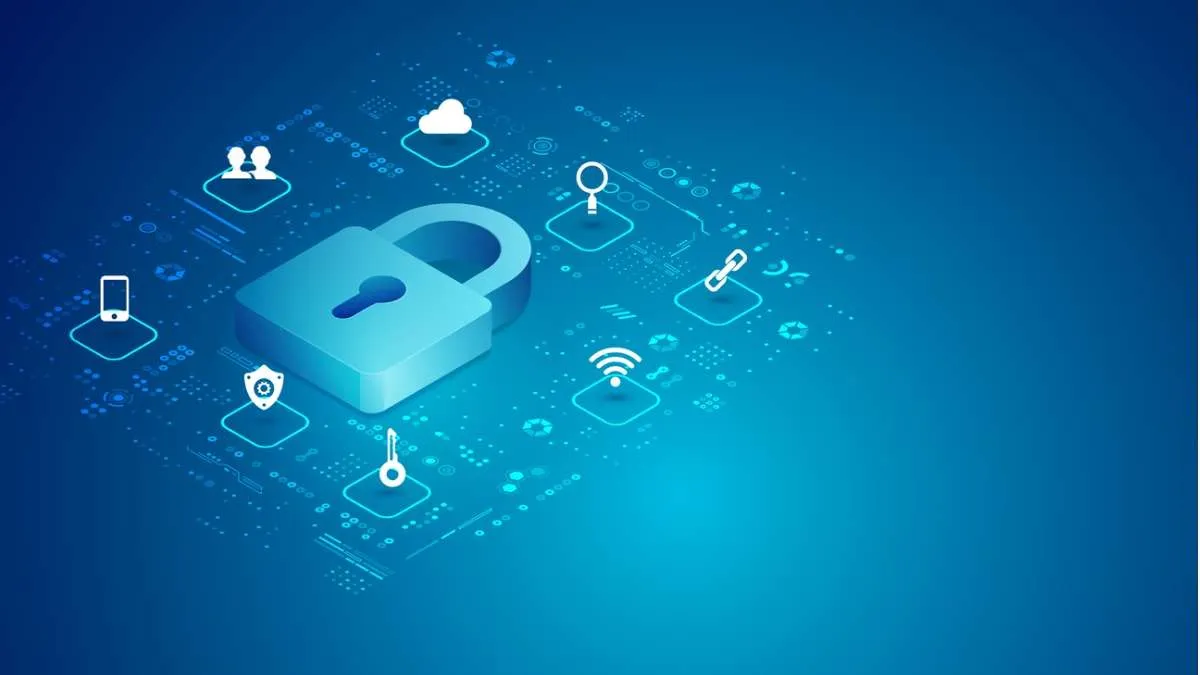
Keeping your website secure is critical in today’s threat landscape. Malware infections, data breaches, and cyberattacks can seriously harm your bottom line as well as your reputation. The website firewall protection fits here; it serves as a digital barrier between your online presence and possible cyber-attacks. A firewall is a necessary part of any security plan whether your website is for a company, blog, or e-commerce. A firewall is essential for safeguarding your website from malware and hackers. It acts as a barrier, filtering harmful traffic, blocking unauthorized access, and detecting potential threats in real-time. By continuously monitoring and managing data flow, firewalls ensure your website remains secure, reliable, and protected against evolving cyber threats, making them a crucial part of web security.
- Cleanses Harmful Traffic
A firewall looks at every outgoing and incoming traffic to your website. By use of data packet analysis and judgement of their security relevance, it filters out questionable behavior. The firewall stops hazardous code or odd patterns right away should they be found. This preventive approach lowers the possibility of unauthorized access or malware infestations.
- Stops Unauthorized Access
Often, hackers seek to take over your systems by exploiting flaws in website code. By means of rigorous access policies, a website firewall prevents such intrusion attempts. These covers stopping brute-force login attempts, restricting access to server protected sections, and spotting IP addresses with a history of questionable activity.

- DDoS Attack Protection
Distributed Denial of Service (DDoS) assaults inundate your site with large traffic, hence causing it to crash or lag. A firewall guarantees your site stays accessible to genuine visitors by absorbing or redirecting this traffic before it hits your server. Advanced firewalls differentiate between valid and dangerous traffic using artificial intelligence.
- Real-Time Threat Detection and Reaction
Modern firewalls provide real-time monitoring capabilities. They constantly look for anomalies and can immediately eliminate dangers before they do damage. Often updated automatically with the newest threat intelligence, these systems offer continuous defense against changing and new threats.
Not only a technical instrument, a firewall is a crucial layer of security guaranteeing your website stays functional, safe, and reliable. It provides real-time threat monitoring, filters dangerous traffic, prevents unauthorized access, and lessens DDoS attacks. A wise and required first step to secure your digital assets from malware and hackers is investing in website firewall protection.







